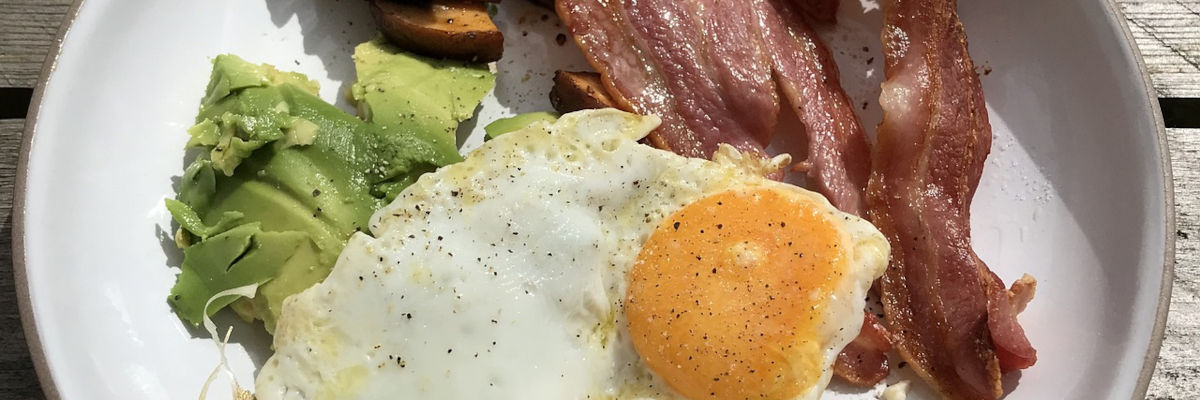Known for revealing rippling abs and chiseling unruly muscles into magnificent marvels, the low carb diet for bodybuilding has gained considerable momentum in recent years. It's no secret that the etching of your dream physique requires more than just relentless hard work at the gym. The fuels you choose to feed your temple with and the eating pattern you follow contribute significantly to your fitness quest. This article aims to unravel the delicate balance between the benefits of a low carb diet for muscle gain and its feasibility in long-term bodybuilding. Does the Carb Conundrum question, "Can I build muscle on a low carb diet?" hold any weight? Let's dive deeper into the granular details of a carb-restricted lifestyle for muscle enhancement.
Understanding the Underpinnings of a Low Carb Diet for Bodybuilding
Before diving into the heart of the matter, we must first break down what a low carb diet signifies in the bodybuilding space. A regular low carb diet limits your carbohydrate intake to 20-60 grams per day, with the emphasis placed on high-quality protein and healthy fats. However, it's noteworthy that the phrase 'low carb' is relative depending on your total daily caloric intake, long-term bodily requirements, and fitness objectives.
So, where does this place carbohydrates in the landscape of bodybuilding diets? After all, carbs have traditionally been seen as the cornerstone for a bodybuilder's diet, being a swift and straightforward source of energy. Enabling endurance during strenuous workouts and promoting post-workout recovery by refilling glycogen stores are some of the primary functions of carbohydrates.
Can I Build Muscle on a Low Carb Diet? The Science Behind the Scenes
We've all heard the famous saying that muscles aren't built in the gym, but rather in the kitchen. However, this notion presents an inevitable conundrum for bodybuilding enthusiasts exploring a low carb lifestyle habit. Can you build muscle on a low carb diet? Thankfully, groundbreaking scientific evidence has begun to add clarity to this query.
Contemporary research has revealed that there's more to muscle growth than merely packing up on carbs. Adequate protein intake paired with resistance training can stimulate muscle protein synthesis - a key process responsible for muscle growth. As this process is largely independent of carbohydrate intake, it gives room for the benefits of a low carb diet for muscle gain to shine through.
While you might initially experience slight lethargy due to glycogen depletion, the body soon compensates by improving its metabolic flexibility. It transitions to efficiently burn fat reserves for fuel, which not only aids in muscle definition but also promotes extended workout durations without experiencing severe energy drags.
Carbohydrates have long been the center of heated debates in the fitness and nutritional world. Many are of the opinion that carbs are indispensable for gaining muscle mass, while others contend that one can build muscle effectively even on a low carb diet. Featuring hard facts and insights from seasoned trainers, this piece delves deeper into this carb conundrum.
Understanding The Role of Carbs
For starters, when we're talking about workouts and muscle regeneration, carbohydrates are principally seen as fuel. They provide our body with glucose, which is converted into energy to power every cell in the body, and are thus crucial for intense workouts.
After a workout, your body is in a catabolic state where your muscle glycogen is depleted. This is where carbs come into play. Consuming carbohydrates sparks an insulin response, which regulates protein synthesis and prevents protein breakdown, thereby promoting muscle repair and growth. Likewise, carbs replenish the muscle glycogen levels, preparing your body for the next workout session.
Low Carb Diet: Can It Work?
Switching gears to a low-carb diet, it's vital to recognize that a fitness regime's success doesn't solely hinge on carbohydrates. There are other nutrients involved - a prime example being protein. Studies show that high protein diets can compensate for a reduction in carbohydrate intake as protein can also trigger an insulin response. Add resistance training into the equation, and you have an effective recipe for muscle growth.
Another factor to consider is your body's remarkable adaptability. Lowering your carbohydrate intake can broaden your metabolic flexibility, enabling your body to produce energy more efficiently from other sources like fats and proteins. This metabolic adaptation, often seen in ketogenic diets, allows individuals to maintain energy and preserve or even build muscle mass while limiting carb intake.
The Takeaway
The idea that carbs are absolute for muscle gain has been challenged by recent research and practical experiences of many fitness enthusiasts and professionals. The key takeaway is that a well-structured low carb diet, rich in proteins and accompanied by regular resistance training, can indeed support muscle growth.
However, one size doesn't fit all when it comes to diet and fitness. Your individual health status, fitness goals, and dietary preferences should guide your dietary choices. As always, it's recommended to embark on any dietary changes in consultation with a healthcare or fitness professional. Thus, unlocking the answer to this carb conundrum entirely depends on one's personal fitness journey and nutritional knowledge.




